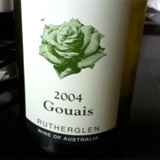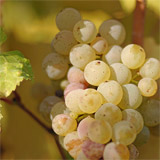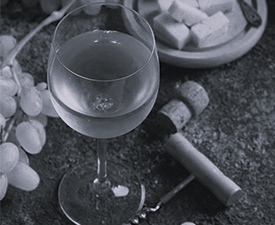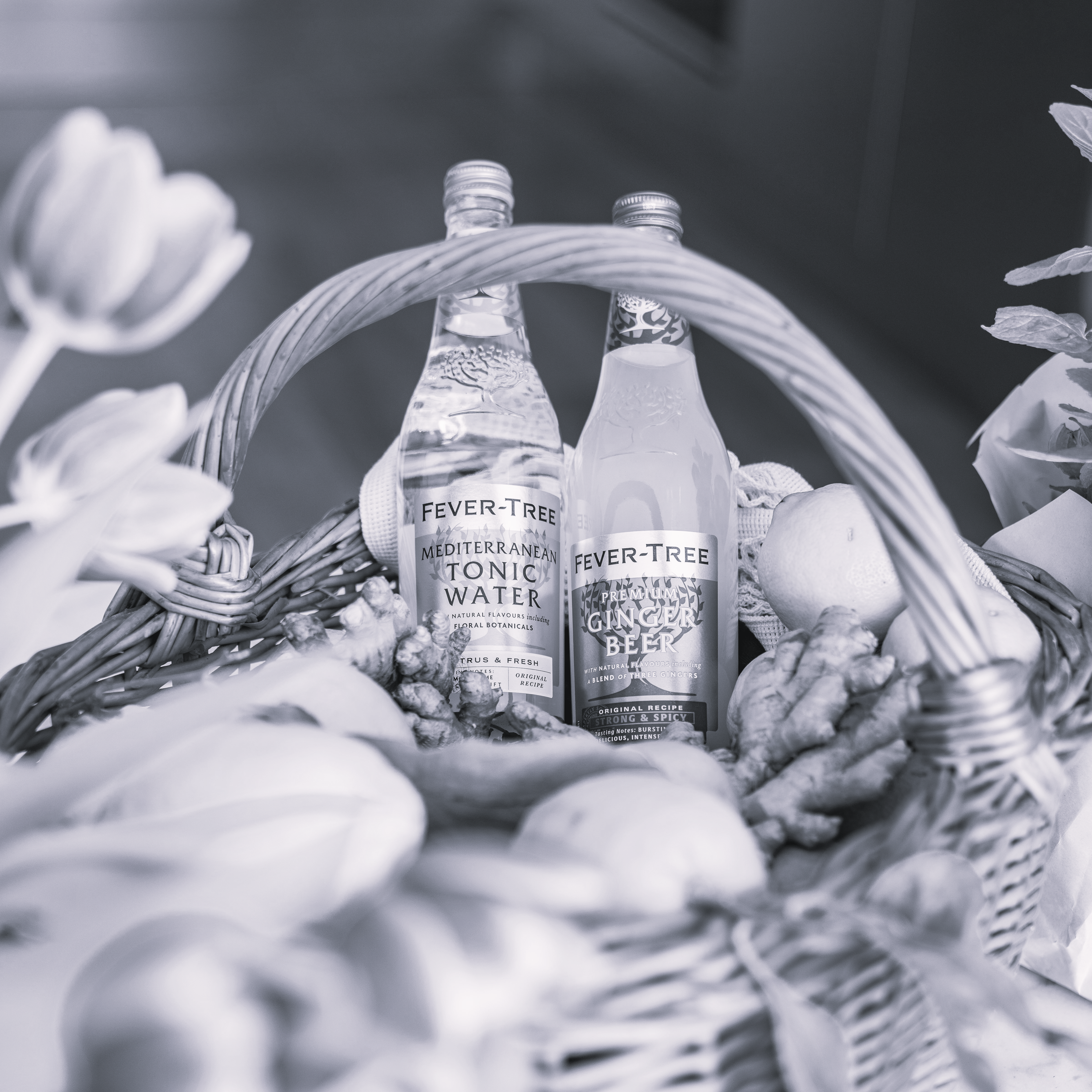Gouais Blanc is a white grape variety that is rarely grown today but is important as the ancestor of many traditional French and German grape varieties. The name Gouais derives from the old French - 'gou', a scornful word referring to its traditional status as the grape of the peasants.
Gouais is known to have been widely planted in central and northeastern France in medieval times. At this time, it was used to produce simple, acidic white wines and with little residual sugar, primarily used to blend with low acidic wine to give it a bit of liveliness - or distilled for use in brandy-type fortified wines in France. Primarily grown on poor sites that were not suited for the much more highly regarded Pinot Noir or Pinot Gris.
Its history before medieval times is not known with great certainty, and is the subject of much conjecture, in similarity to many other grape varieties with a long history. Gouais Blanc has been proposed to of originated in Croatia (or specifically Pannonia), but the Vitis International Variety Catalogue currently lists it as originating from Austria, which should probably be interpreted as likely to originate somewhere in Central Europe.
Gouais Blanc was also grown in the Jura, but phylloxera almost wiped out the variety in France, and it now survives only in the INRA collection at Domaine de Vassal, Montpellier. DNA research in 1999 identified Gouais Blanc as the parent of a large number of classical European grape varieties. Having been widely grown in proximity to Pinot Noir, the two varieties had many opportunities to cross.
With such distant origins, those vine crosses showed hybrid vigour and were widely propagated. This unique combination of events means that many grape varieties today have Gouais Blanc as a parent; Aligote, Melon, Gamay Noir and the most famous of which is Chardonnay. It also produced Riesling when pollinated with the wild grape Traminer, and when crossed with Chenin Blanc it produced Colombard.










